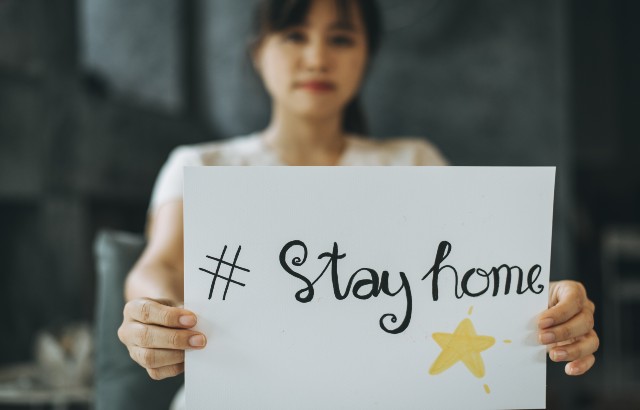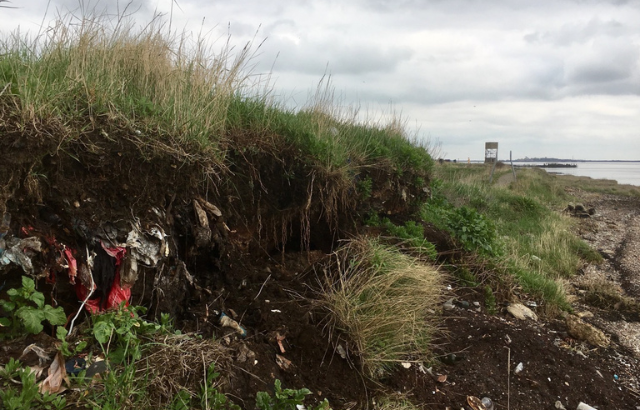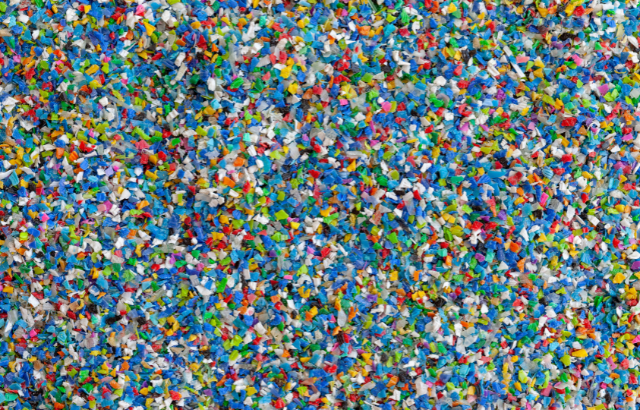Queen Mary academics awarded major grant to undertake research into impact of Covid-19
Professors Alison Blunt and Alastair Owens from Queen Mary’s School of Geography have been awarded substantial funding from the Arts and Humanities Research Council (AHRC) to investigate the impact of the Covid-19 pandemic on life at home. The grant is part of the UK Research and Innovation’s rapid response to COVID-19.

The significance of home in the Covid-19 crisis has been far-reaching and profound.
The project, ‘Stay Home’: Rethinking the Domestic during the Covid-19 Pandemic, led by Professor Blunt from Queen Mary, is a collaboration between Dr Kathy Burrell and Professor Georgina Endfield (University of Liverpool) and Dr Olivia Sheringham (Birkbeck University of London). Based at the Centre for Studies of Home, the project partners are the Museum of the Home, National Museums Liverpool and the Royal Geographical Society (with IBG).
The four postdoctoral researchers on the project all completed PhDs funded by AHRC, including three at Queen Mary on Collaborative Doctoral Awards (Miri Lawrence and Annabelle Wilkins with the Museum of the Home and Eithne Nightingale with the V&A Museum of Childhood).
The funding, totalling £500 000 from the AHRC, is the second substantial award for Covid-19 research for both Queen Mary’s School of Geography and the Faculty of Humanities and Social Sciences following Professor Kavita Datta’s recent successful research grant application.
Home in a pandemic society
The significance of home in the Covid-19 crisis has been far-reaching and profound. As a site of self-isolation and lockdown, the home has been at the forefront of strategies to save lives in the Covid-19 pandemic.
The research will document and analyse the way in which ‘home’ has been mobilised, experienced and imagined during and after the lockdown. It will explore experiences and understandings related to the national directive to ‘stay home’ and provide new knowledge about practices and meanings of home.
Based in London and Liverpool, the project will combine a nationwide and city-scale approach in several interconnected strands. Key areas of work include the analysis of material in the ‘Stay home’ collection at the Museum of the Home, as well as an examination of the practices and meanings of home for migrants, diaspora communities and people of faith in London and Liverpool, both 'hotspots' of Covid-19.
Working with people from different ethnicities, faiths and generations, alongside migrant and diaspora and interfaith organisations, the researchers will create short films, podcasts and various materials for The Museum of Home as well as policy briefs and an interfaith toolkit.
Meanings of spaces and places
The research will also chart home as a site of (dis)connection on domestic, national and transnational scales. Recognising the impact of school closures and home-schooling, the research will work with the RGS-IBG to lead a nationwide project for children and young people to map their home-spaces. A city-scale project in Liverpool City Region, in partnership with National Museums Liverpool, will analyse children’s narratives alongside their maps. The project will develop a virtual exhibition and learning resources for teachers, children and young people to make sense of the crisis.
Working with diverse homes, households and residents, the research will provide vital new ideas, knowledge and resources to understand home during and after the Covid-19 crisis.
Professor Alison Blunt, Professor of Geography and Principal Investigator on the project said: “Home has never been more central to people’s lives than during the Covid-19 pandemic. I’m delighted to be working with a fantastic team, and in partnership with the Museum of the Home, National Museums Liverpool and the Royal Geographical Society (with IBG), to explore the political and personal significance of home during and after lockdown. Focusing on people of different ethnicities, faiths and migration histories, and working with children as well as adults, we want to lead the public debate about home in a pandemic society.”
Professor Adrian Smith, Dean of Research at Queen Mary said: “I am thrilled for Professor Alison Blunt and her team in securing funding for this vital and timely research project. It combines so many of the things we excel in at Queen Mary: World-leading research expertise, imaginative collaboration with organisations beyond the university, and creative ways of engaging the public in the research process. This exciting study will document a moment in our lives that none of us will ever forget”.
Vanessa Meade, Curator: Exhibitions and Interpretation, Museum of the Home said: “We are delighted to be working with Queen Mary, National Museums Liverpool and the Royal Geographical Society (with IBG) on this project. During lockdown we launched the Stay Home national collecting project, documenting how home lives were changed during the coronavirus pandemic. This partnership is an exciting opportunity for us to explore and showcase this collection in new ways, at a time when our homes are more important than ever.”
About The Museum of the Home
The Museum of the Home aims to reveal and rethink the ways we live through thought-provoking displays of its permanent collections, exhibitions, performances, discussions, partnerships and events.
The Museum is due to reopen in spring 2021 after a transformative £18.1 million capital development project that will open up spaces previously unseen by the public in its 100-year history. Much more of the collections will be on display in new galleries exploring universal themes, vital issues and personal stories related to home.
More information
- Study Geography at Queen Mary
- Find out more about The Museum of the Home
- Read more about the Royal Geographical Society (with IBG)
- Learn more about the Arts and Humanities Research Council.
Related items

10 December 2024

13 November 2024
For media information, contact:
